'From Minecraft builds to YouTube videos – not to mention YouTube videos of Minecraft builds – children in 2015 have plenty of options for digital entertainment.
YouTube, in particular, has emerged as an alternative to traditional children’s TV – although it’s probably more accurate to say that the two are merging: plenty of popular children’s TV shows are now on YouTube in some form, while to young viewers – many on tablets – it’s all just “video”.
With the launch of its YouTube Kids app in the UK and Ireland, the company is hoping to capitalise, but this being YouTube – owned by Google – it’s also kicking up a debate about its motivations, as well as familiar arguments about children and screen time.'
Read the article
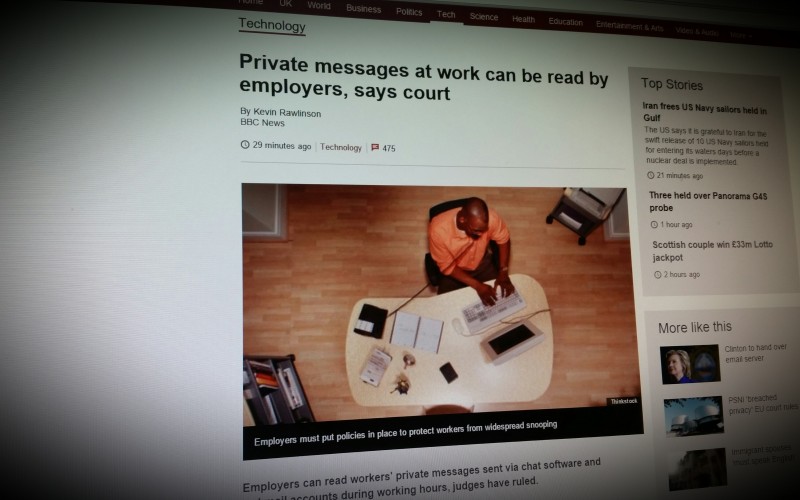
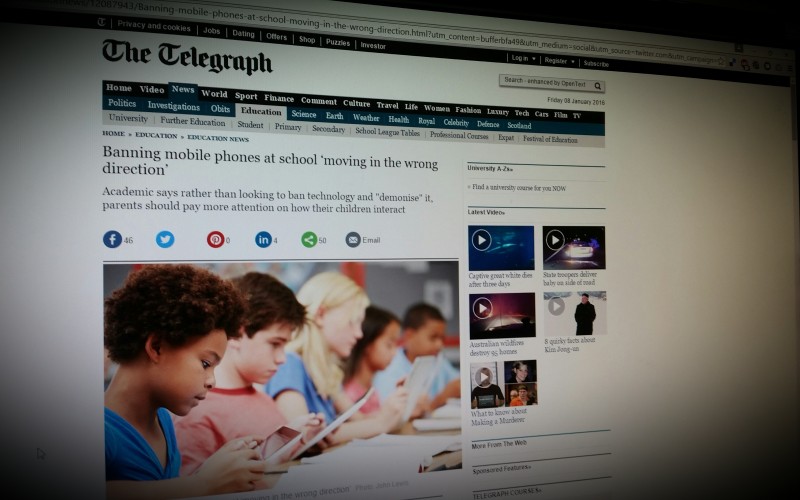
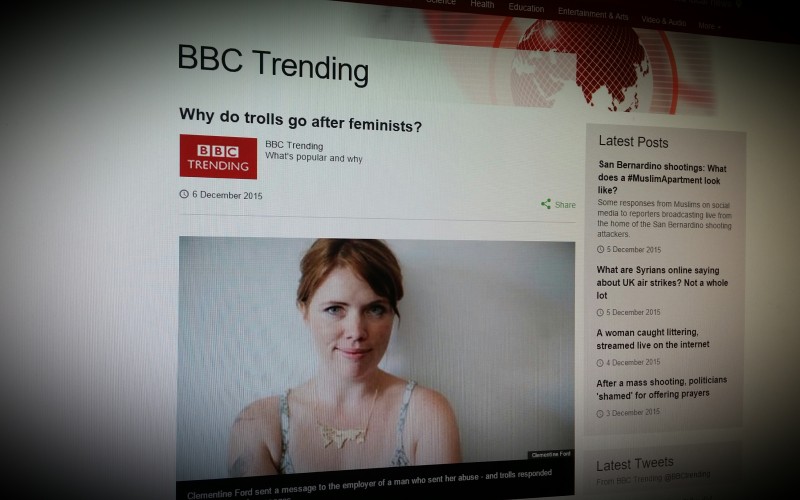

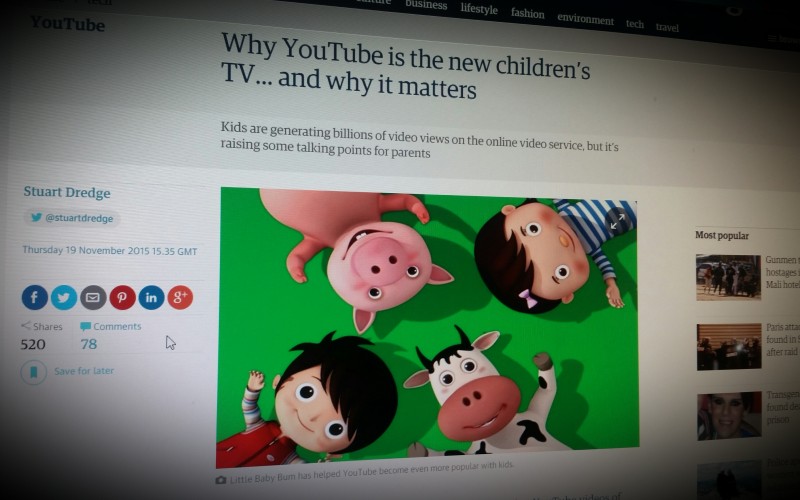
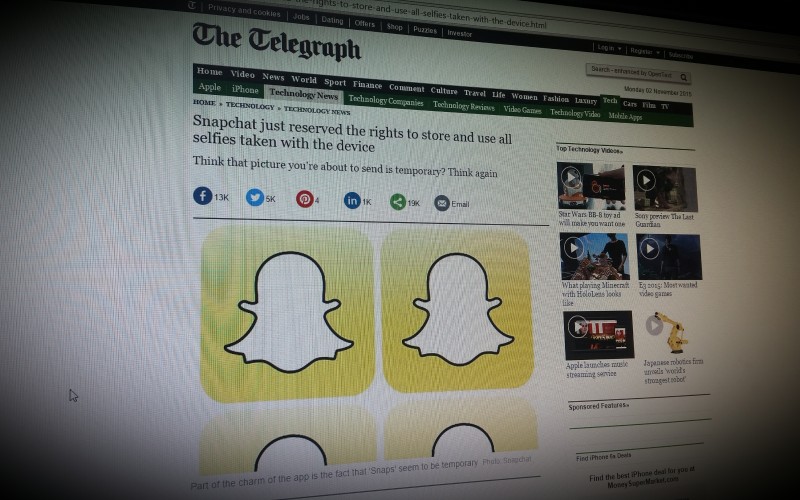
Comments
make a comment